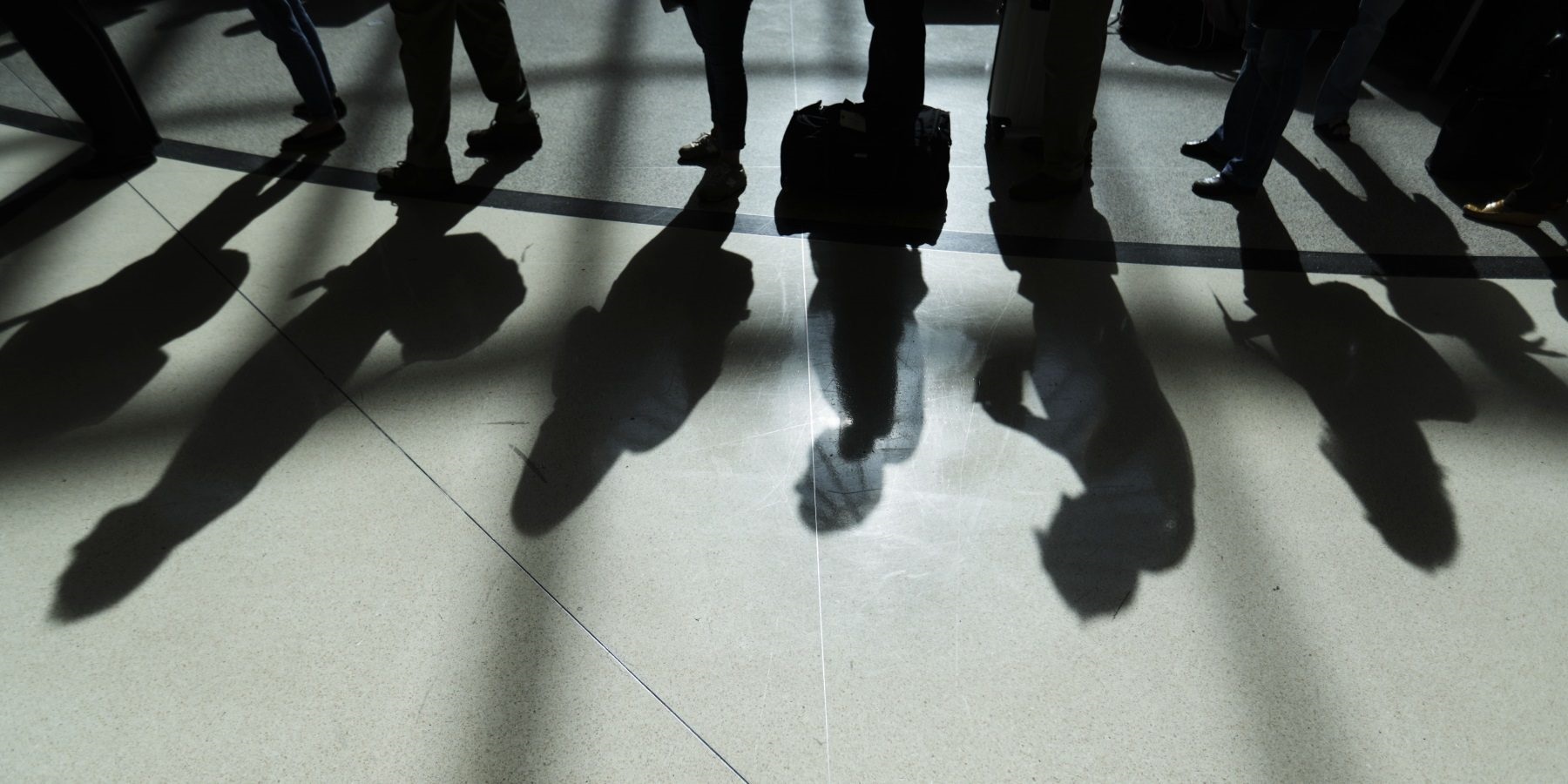Public Health Officials Will Start Screening For New Coronavirus At Hartsfield-Jackson Airport

“The CDC will be onsite at ATL’s International Terminal to process any passengers who exhibit severe symptoms or who may have come in contact with the disease,” airport officials said in a statement.
David Goldman / Associated Press file
Public health officials will start screening for cases of the new coronavirus (2019-nCoV) at two more airports this week: O’Hare International in Chicago and Hartsfield-Jackson Atlanta International.
It’s part of the Centers for Disease Control and Prevention’s escalated response to the respiratory illness, which has sickened hundreds and killed at least six people in China. The agency confirmed the first case in the U.S. this week.
“Enhanced airport screening is just one part of a layered approach to increasing the public health and health care delivery system to raising its awareness to properly detect these cases early,” said Dr. Nancy Messonnier with the CDC on a call with reporters Tuesday.
She says the agency has also activated its emergency operations center and raised its travel health notice level for Wuhan, China, where the virus has been active.
That means people traveling from the region to the U.S. might be asked about their health or travel history on their arrival.
The CDC started that screening at three international airports last week: LAX in Los Angeles, SFO in San Francisco and JFK in New York City.
The addition of two more airports in Atlanta and Chicago reflects a “full-on” coverage strategy to catch incoming travelers who might have the virus, says the CDC’s Marty Cetron.
“Which means … instructing on some days the Department of Homeland Security, the Department of Transportation to redirect all [air] traffic to airports that have screening,” he said.
Cetron says the airports that were selected for screening have the ability to handle lots of passenger traffic.
Officials at Hartsfield-Jackson say the airport has two direct flights to Asia: one to Shanghai, China, one to Seoul, South Korea.
“The CDC will be onsite at ATL’s International Terminal to process any passengers who exhibit severe symptoms or who may have come in contact with the disease,” airport officials said in a statement.
The CDC says human coronaviruses are found throughout the world. Some, such as MERS-CoV and SARS-CoV, have been known to cause severe illness.
The agency says there’s still much to learn about how the new coronavirus spreads, the severity of the illness it could cause and how best to treat it.





